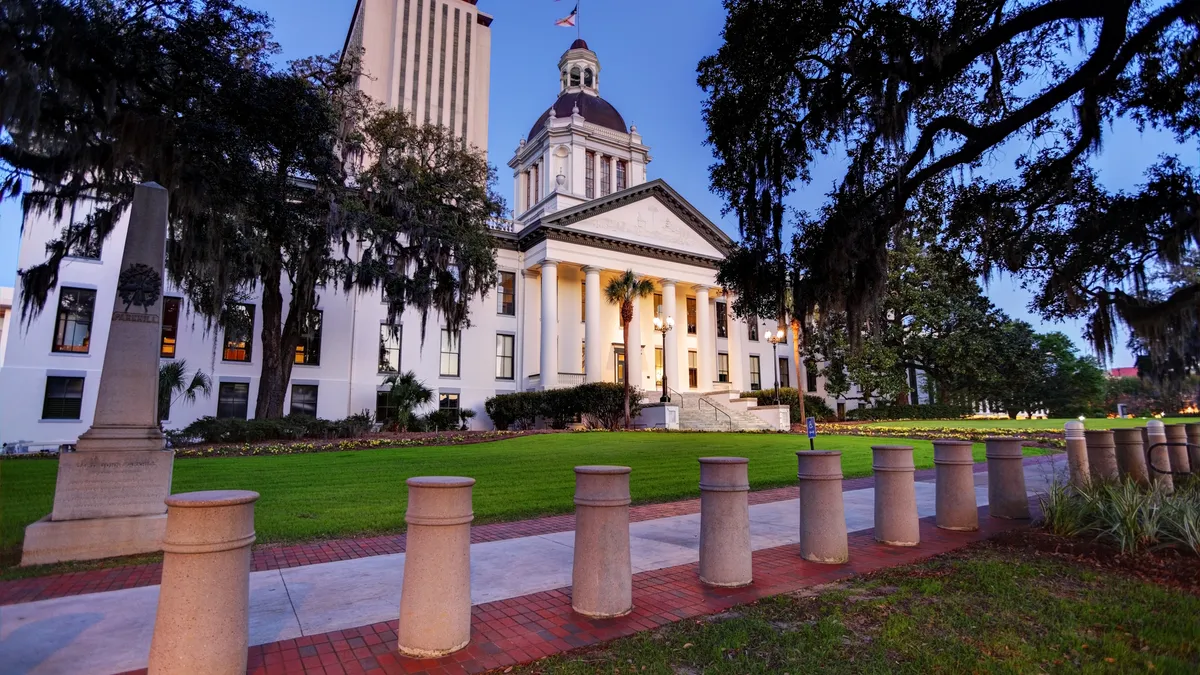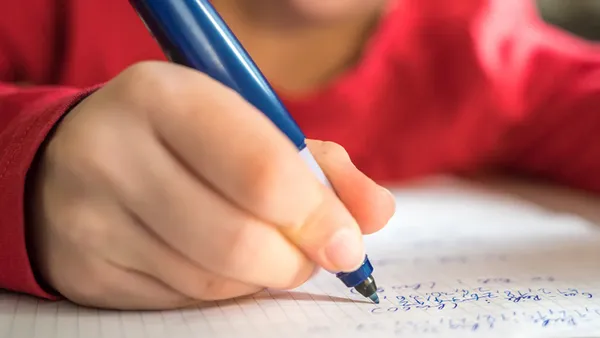In response to controversial new laws with implications for curriculum content, the Florida Board of Education has unanimously approved a required training and certification for librarians, media specialists and others on how to select library and reading list materials.
Approved during a Jan. 18 school board meeting, the required training includes criteria for books and media. The training would also apply to all teachers who have classroom libraries.
The move follows laws enacted in Florida that LGBTQ and racial equality advocates worry were put in place to restrict inclusive learning content.
"This very important training will also support educators in making decisions over the appropriateness of literature that are in our libraries," said Paul Burns, Florida's deputy chancellor for educator quality, who introduced the training during the meeting.
The prohibitions in the statute and training include visual representations of a nude person or body parts and explicit and detailed descriptions of sexual conduct, among other things considered "harmful to minors."
The training warns educators to "err on the side of caution" when considering materials and reminds them that violating these and other requirements could result in a third-degree felony charge, which in Florida is punishable by up to 5 years in prison, a $5,000 fine and up to 5 years of probation.
During the school board meeting, the training received mostly supportive comments from members of the public, who asked to increase the materials and content schools must restrict under state law. Many voiced support to further narrow the language in the training that currently allows some materials with "literary value."
"I'd like to challenge that evaluation of books, because not all literature is beneficial for students — the key word is ‘beneficial.’ Educational value is not equal to literary value," said Jamie Merchant, mother of a 3-year-old and an elementary school teacher's aide. "Literature containing descriptive details of rape, abuse, trauma, etc. does not bring value to 12- to-18-year-olds."
School districts and principals, Merchant said, should not be able to make judgments on what is valuable for all students.
Also speaking at the meeting, Bruce Friedman, Florida chapter president of No Left Turn in Education, said he plans to challenge 1,800 books in total. Friedman said he had already challenged over 500 books, 50 of which had been removed from his children's school. Another attendee asked the department for a list of books prohibited in schools statewide.
Jack Knocke, executive director of Nassau's County Citizens Defending Freedom, told board members he was concerned about materials entering schools that concern diversity, equity and inclusion or teach social and emotional learning. "We need to look further beyond what this issue is talking about … the vendors are laughing at us as they push materials in schools," Knocke said. "So we've got to get smarter."
The few who spoke against the training said it encouraged censorship and sidelined students of color and LGBTQ students.
"My family came from the former communist bloc, and we know censorship, and we know the dangers of censorship," said Donna Kauffman, a Florida bookstore owner who said she has been in the publishing and book industry for 40 years. "And when I hear that there is a government body that is going to decide what is questionable and inappropriate, I get concerned."
The new required training is another effort by the Florida Department of Education to enforce recent state measures restricting materials on LGBTQ and race-related subjects. Florida, along with Texas has emerged as leading efforts to restrict classroom materials.
Last October, Florida approved a strict implementation of the curriculum restriction laws, including a rule allowing teachers to be fired and have their licenses suspended or revoked if they “intentionally provide classroom instruction to students in kindergarten through grade 3 on sexual orientation or gender identity.”
In April 2022, the department rejected math materials that included graphs on racial prejudice and lessons with SEL as lesson objectives.







 Dive Awards
Dive Awards






